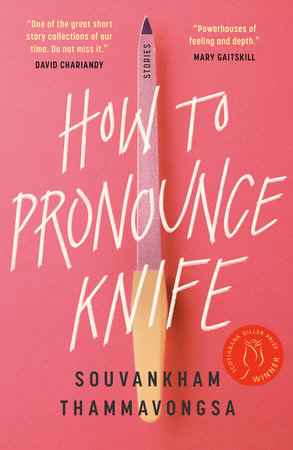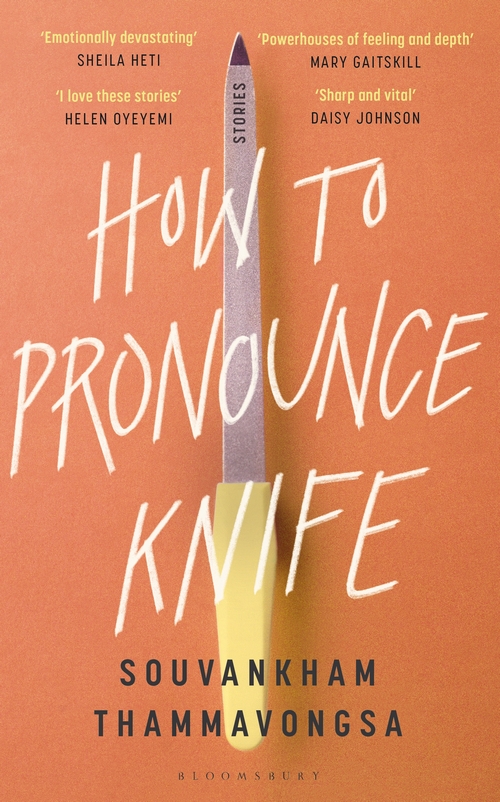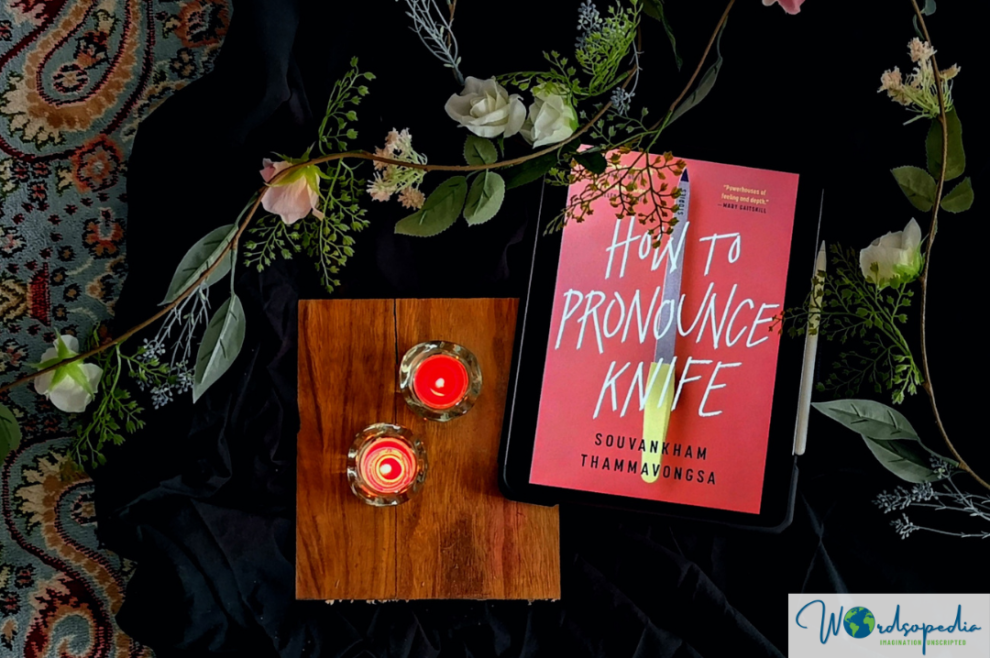
“Finally, a yellow-haired girl in the class called out, ‘It’s knife! The k is silent,’ and rolled her eyes as if there was nothing easier in the world to know.” These stories, written in a spare, distant register, twist the heart Thammavongsa captures in a few well-chosen words how it feels for immigrant children to protect their parents. But when she’s asked to read aloud in class, her teacher won’t let her continue until she pronounces the word correctly. In the title story, a little girl asks her father how to pronounce knife. Many of the narrators here are children, which feels apt when the stories explore the vulnerability of being ignorant, of knowledge as a form of privilege: One narrator can’t bear to tell her father what “thief” means after he hears his co-workers spitting the word at him. “That I can dream at all means something to me,” he tells his sister when she berates him. It was given to a girl just out of high school whose father worked in the front office.” Other stories are about the poignant need for hope when you have nothing else: In “Mani Pedi,” a failed boxer begins working at his sister’s nail salon and longs for one of his clients, a woman he calls Miss Emily. Everyone who worked in the front office had that kind of nose.” When a spot in the office opens up, Red’s co-workers get nose jobs, but "none of them got the job. Red, a woman who plucks chickens at a factory, longs for the money to get a nose job to turn hers into “a thin nose that stuck out from her face and pointed upward. In poet Thammavongsa’s ( Cluster, 2019) first collection of fiction, privilege is a concrete force, arbitrary and inexorable.




Fourteen short stories about being Lao and working class in North America.


 0 kommentar(er)
0 kommentar(er)
